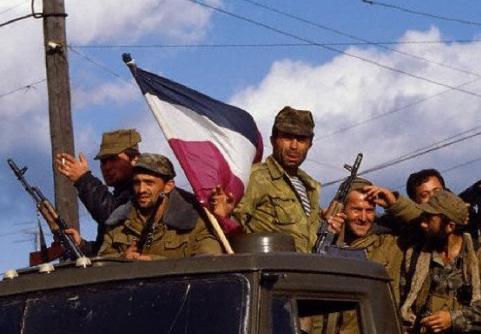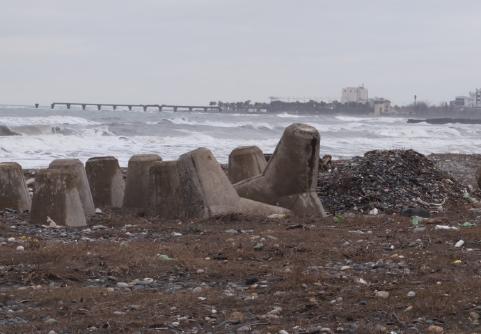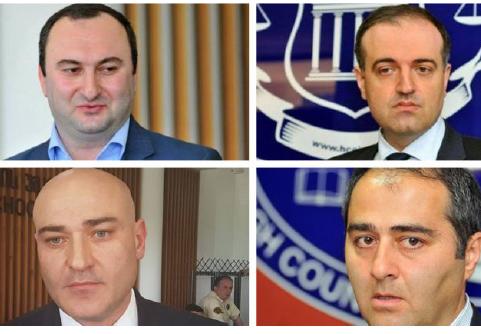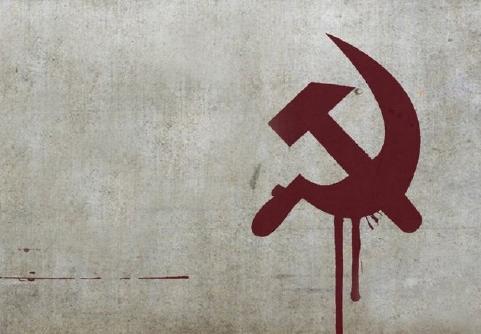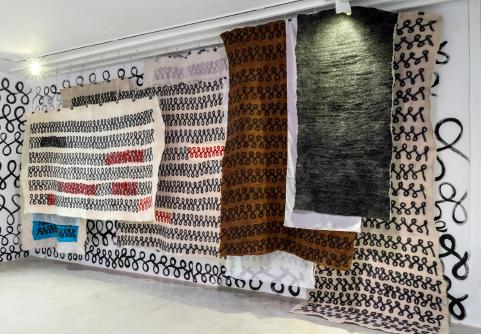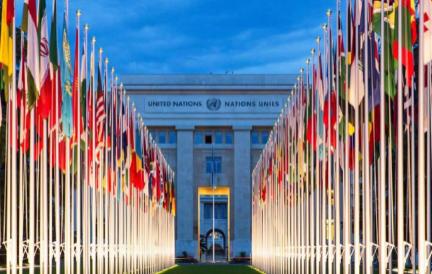
Author : Tako Zekalashvili
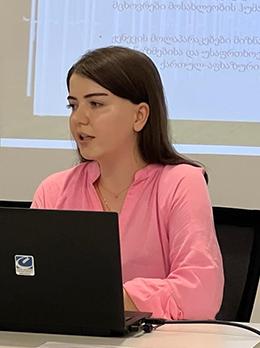
In order to stop the aggression carried out by the Russian Federation against Georgia in August 2008, a 6-point ceasefire agreement was signed on 12 August with the mediation of the European Union. Point 6 of the plan, prepared on behalf of the European Union through the mediation of French President Nicolas Sarkozy, states “the start of international discussions on conditions for security and stability in Abkhazia and South Ossetia”. In accordance with the above agreement, on 15 October 2008, a format for the Geneva International Discussions was established, with the primary purpose of: (1) the establishment of security and stability in Abkhazia and “South Ossetia” and (2) the return of displaced persons. The first has evolved over the years as a combination of two issues: non-use of force and international security mechanisms. The two main objectives of this format are to harmonise international security mechanisms and ensure the dignified and safe return of IDPs, as well as to address the humanitarian concerns and needs of the conflict-affected population – IDPs and people living along the dividing line.
In 2008, after the recognition of the “independence” of two occupied regions of Georgia, Georgia severed diplomatic relations with the Russian Federation. Since then, the format of international discussions in Geneva has remained the only international platform where meetings between the parties to the conflict take place. This format is unique in that, in addition to Georgia and Russia, it involves other stakeholders. All participants in the dialogue are represented as individuals. In addition to Georgia and Russia, representatives of the proxy regimes of Sukhumi and Tskhinvali, the Chairman of the Government of the Autonomous Republic of Abkhazia and the head of the provisional administration of the former South Ossetian Autonomous District, co-chairs from the United Nations, the European Union, the OSCE and a representative of the United States take part in the discussions.
The format of the international discussions in Geneva also includes a plenary session attended by Georgia, the United States, Russia, the UN, the OSCE and the EU. The plenary session was held only once, during the first round, and thereafter never took place for the remaining 56 rounds.
The position of the State of Georgia in the process of international discussions in Geneva has remained unchanged since 2008. It is in our country’s interest for the Russian Federation, which is occupying the regions of Tskhinvali and Abkhazia, to sign an agreement on the non-use of force. If the governments of the occupied Abkhazia and Tskhinvali regions sign the agreement, it implies that Georgia recognizes them as independent states and grants them political legitimacy. The role of the Russian Federation is significant because if it does not become a signatory to the agreement on the non-use of force, it implies a removal of its responsibility.
The position of the Georgian state that the ongoing dialogue within the framework of the Geneva Discussions is the only mechanism for reaching an agreement on the ceasefire has been constantly reaffirmed through official statements of the Ministry of Foreign Affairs of Georgia since the creation of the format of the international talks. Moreover, the Georgian side expresses its readiness to participate constructively in this process. It should be noted that Georgia has already unilaterally committed itself to the non-use of force in 2010, which was then repeated in 2013. In both cases, this was announced at the international level by the President of Georgia, Mikheil Saakashvili, and in 2013 the Georgian Parliament also adopted a unilateral document with legal force in response to the commitment.
As for the position of the Russian Federation (which is “shared” by the de facto representatives of Sukhum and Tskhinvali), if an agreement on non-use of force is reached, it will present itself as a guarantor of non-use of force together with the European Union and the United States of America. This stance has remained consistent over the years and was declared by the Russian Federation before the commencement of the first round, persisting through the 56th round of Geneva talks to this day.
From 2008 to 2022, a total of 56 rounds of international talks have taken place in Geneva, and it is crucial to highlight the outcomes achieved through these discussions. One significant result is the agreement reached during the 4th round of negotiations in 2009 on the establishment of an “Incident Prevention and Response Mechanism.” This mechanism aims to provide an operational response to everyday security incidents. It includes a “hotline” for immediate response to incidents, and, in addition to the hotline, the mechanism involves periodic meetings in Gali and Ergneti.
Representatives of Tbilisi, Tskhinvali and the Russian troops stationed on the ground participate in these meetings, and the chairpersons are representatives of the United Nations, OSCE and the head of the European Union mission in Georgia.
Despite its nearly 15-year history marked by limited success, the persistence of international negotiations in Geneva has resulted in a situation where each party involved finds it in their interest to maintain this format. For Russia, the interest lies in impeding Georgia’s Euro-Atlantic integration and thwarting any efforts by Tbilisi to restore its territorial integrity. The mentioned format provides another avenue for Russia to solidify and articulate this position within the framework of international negotiations.
It is in Georgia’s interest to talk to the Russian Federation not one-on-one, but with the involvement of Western allies and with their support to force Russia to give up on specific issues. For the de-facto regimes of Sukhumi and Tskhinvali, the Geneva talks are the only format for raising their problems. During the 45th round of negotiations, they even announced that they wanted to participate in the international forums of the United Nations. As for the USA, the UN, the OSCE, and the European Union, their main motivation is a peaceful resolution of the conflict.
An analysis of the 56 rounds of talks shows that the process has been deliberately delayed, with the parties unable to agree on such basic issues as ensuring security and resolving humanitarian problems for the population living in the occupied territories.
It should be noted that the Geneva talks are another platform for the Russian Federation, where it directly expresses its concerns about the western course of Georgia. The statements made at the end of the talks show that the so-called republics of Abkhazia and South Ossetia directly voice the position of the Russian Federation. Like the Russian Federation at the negotiation table, they constantly oppose the issue of strengthening relations between Georgia and NATO. The positions of the representatives of occupied Abkhazia and Tskhinvali are similar to the statements of the Russian Federation not only on this specific issue, but also on every topic of discussion, which shows that the Russian Federation continues to manipulate the regimes of Abkhazia and Tskhinvali.
To sum up, after 15 years of international talks in Geneva, the two main objectives of this format – security and stability in Abkhazia and “South Ossetia” and the return of the IDPs – are still unattainable. The prolongation of the international talks in Geneva and the 58 fruitless rounds show that this format of talks is unsuccessful, but its maintenance brings benefits to each of the parties involved in the talks that have nothing to do with the two main goals of the discussions.
